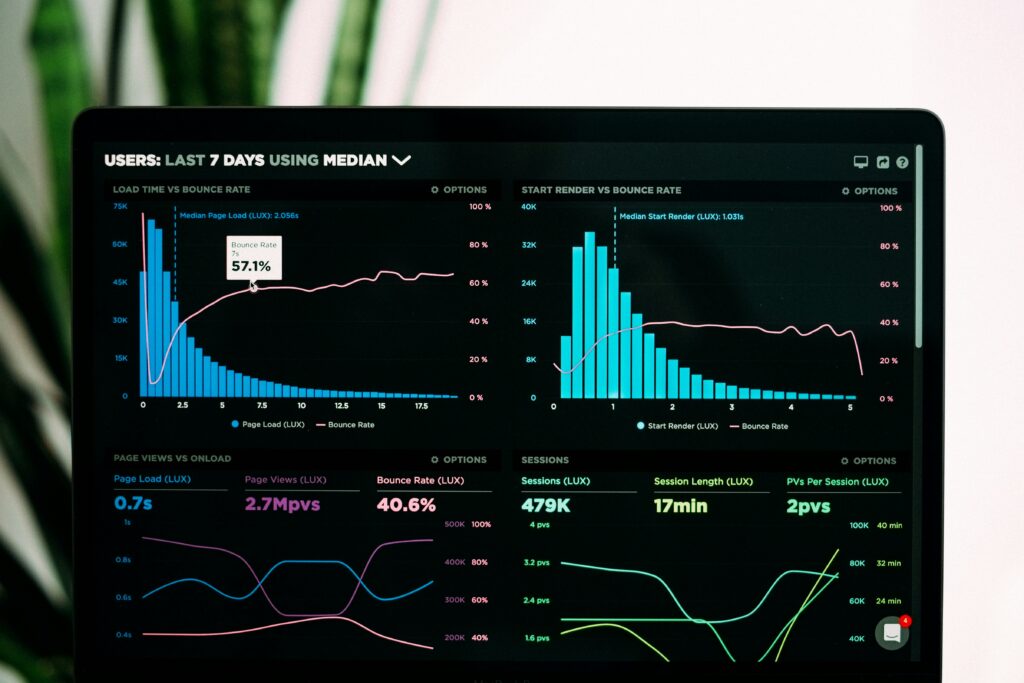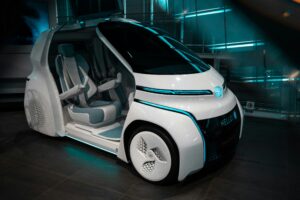In the ever-evolving landscape of technology, one development that has been making waves is the rise of artificial intelligence (AI) in the retail sector. What if I told you that the future of shopping could involve interacting with virtual assistants and personalized recommendations tailored to your unique tastes? It may sound like something out of a sci-fi movie, but AI is already reshaping the way we shop.
According to a recent study by Juniper Research, AI in retail is expected to drive $340 billion in cost savings globally by 2022. This is achieved through enhanced customer experiences, improved inventory management, and more efficient operations. Retail giants like Amazon and Walmart are already leveraging AI to optimize their supply chains and offer personalized product recommendations to customers.
But it’s not just the big players benefiting from AI in retail. Small businesses are also embracing this technology to stay competitive in a rapidly changing market. For example, clothing retailer Stitch Fix uses AI algorithms to analyze customer data and deliver personalized styling recommendations, resulting in increased customer satisfaction and loyalty.
As AI continues to revolutionize the retail industry, it raises important questions about the future of human jobs and the ethical implications of relying on machines to make decisions for us. While the benefits of AI in retail are undeniable, it’s crucial for businesses and policymakers to consider the broader societal impacts of this technology. The future of shopping may be automated, but it’s up to us to ensure that it remains human-centered.



